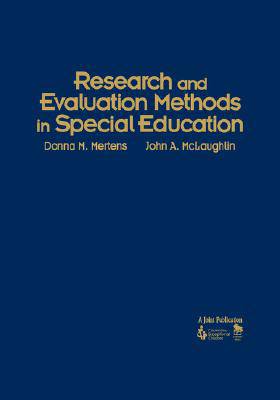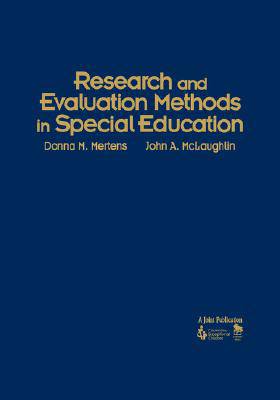
- Retrait gratuit dans votre magasin Club
- 7.000.000 titres dans notre catalogue
- Payer en toute sécurité
- Toujours un magasin près de chez vous
- Retrait gratuit dans votre magasin Club
- 7.000.0000 titres dans notre catalogue
- Payer en toute sécurité
- Toujours un magasin près de chez vous
Research and Evaluation Methods in Special Education
Donna M Mertens, John a McLaughlin
Livre relié | Anglais
147,95 €
+ 295 points
Format
Description
This excellent resource provides an approach to research and evaluation that helps educators better understand and address the needs of students with various disabilities.
Spécifications
Parties prenantes
- Auteur(s) :
- Editeur:
Contenu
- Nombre de pages :
- 296
- Langue:
- Anglais
Caractéristiques
- EAN:
- 9780761946526
- Date de parution :
- 01-09-03
- Format:
- Livre relié
- Format numérique:
- Genaaid
- Dimensions :
- 182 mm x 261 mm
- Poids :
- 689 g

Les avis
Nous publions uniquement les avis qui respectent les conditions requises. Consultez nos conditions pour les avis.






